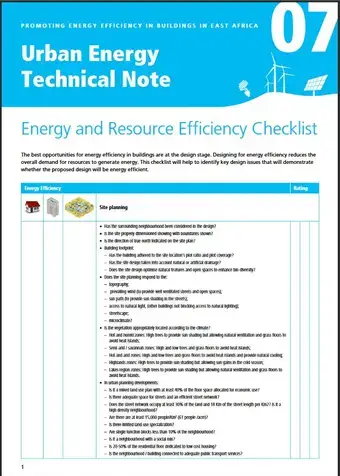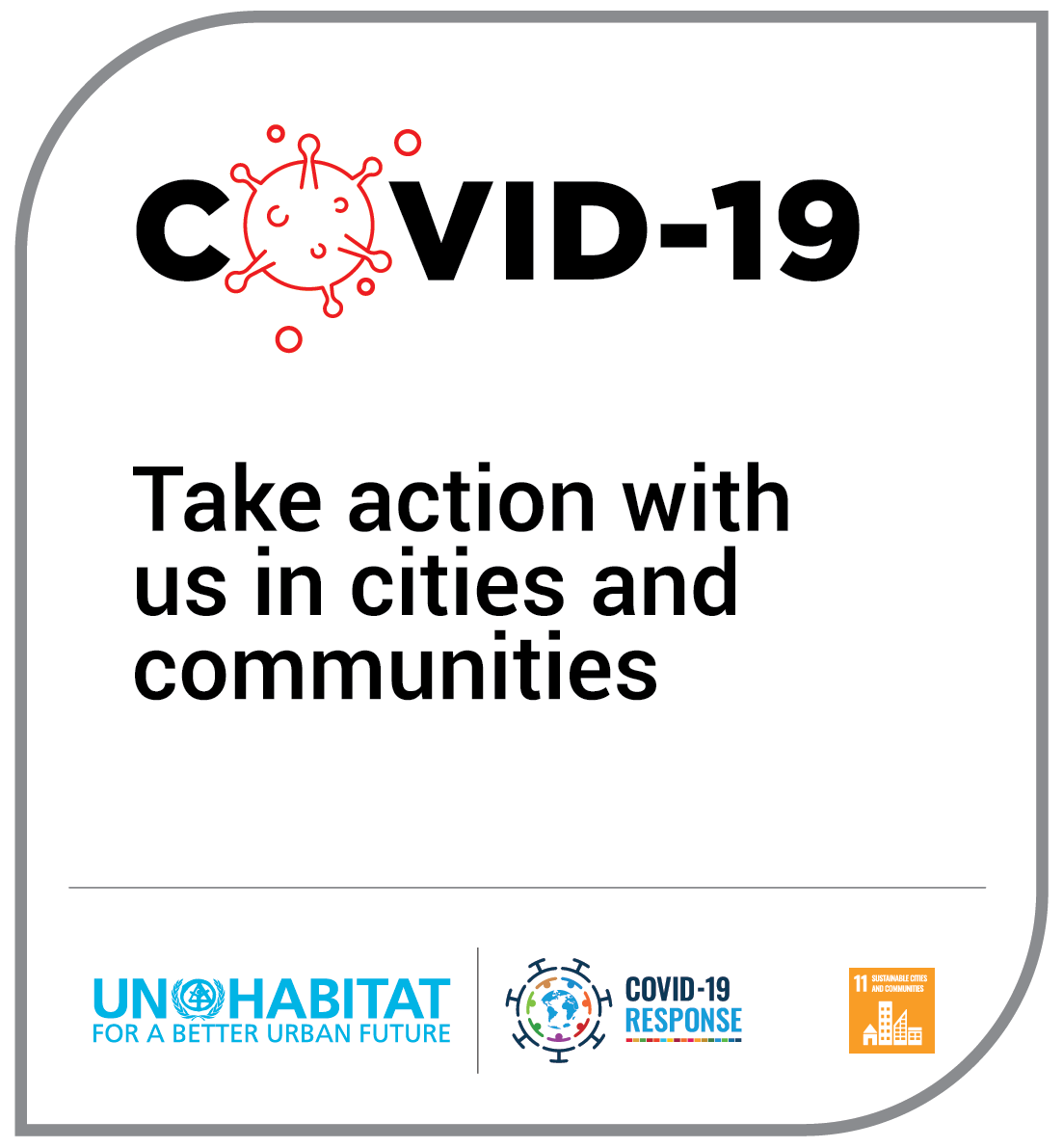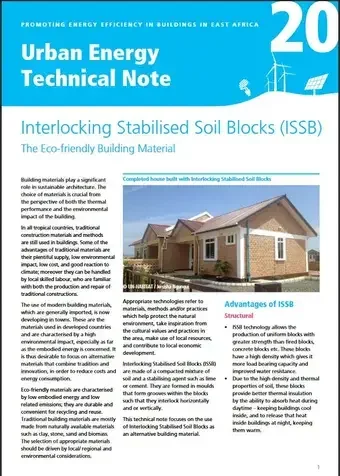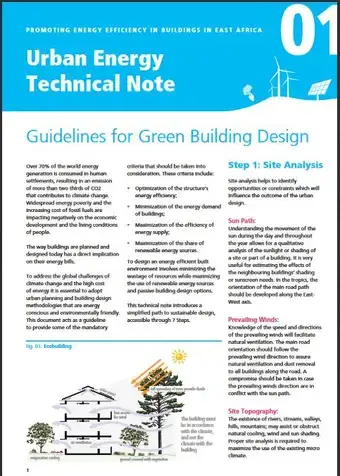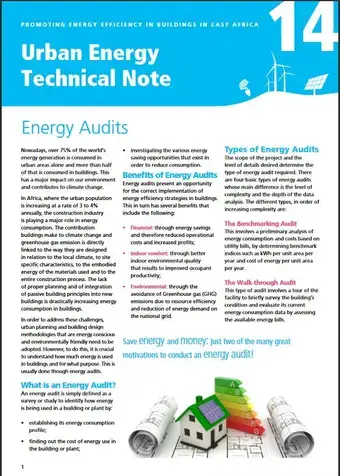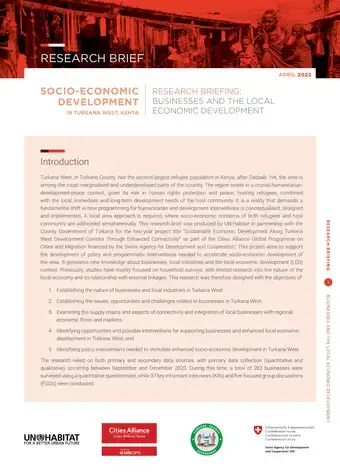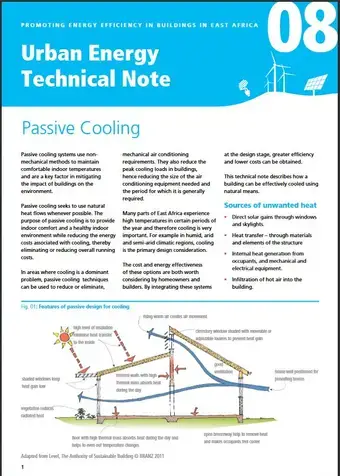Overview
Active collaboration between UN-Habitat and the Republic of Burundi began in 2016 even though the agency has no staff in the country. Between 2007 and 2012, the collaboration led to the development of a National Urban Development and Housing Policy. Projects such as Safer Bujumbura, on water and sanitation, and the PSUP products of that collaboration thanks to donors and development actors such as UNDP, GIZ, the Lake Victoria Initiative, and the European Union.
In November 2019, a two-day multi-stakeholder meeting was held to examine the challenges of urbanization in Burundi, financing strategies for sustainable urbanization and the mobilization of public, private and community actors for participation in the 10 World Urban Forum in Abu Dhabi.
In addition, the country is currently chairing the subcommittee on housing of the African Union’s Specialized Technical Committee No. 8 that has been tasked to develop Model Law on Housing, Urban Development and Human Settlements, which will be an instrument for strengthening the implementation and reporting of the New Urban Agenda in Africa; this process is led by the African Union, ECA and UN-Habitat. It is in this context that Burundi hosted the sub-committee meeting in April 2019 and supported the Entebbe Workshop on the finalization of the Harmonized Regional Framework for the Implementation and Monitoring of the New Urban Agenda in Africa.
Country: Overview
Country: Overview
Country: Overview
The Republic of Burundi is small landlocked country in East-Africa Bujumbura is the Capital city and just about 13.4% of the total population of the country live in the urban area, compared to the total land area, the Republic of Burundi remains one of the most densely populated countries in Africa with 470 inhabitants per square kilometer.
Access to water and sanitation remains very low and less than 5% of the population has access to electricity (including 52.1% of urban households and 2% of rural households).
Urban Population (2019): 13.4%
Urban Growth Rate (2015-2020): 5.68%
Highlighted Publications
Legacy content
- Total value of UN-Habitat investments (2008-2015): US$ 678,600
- Total number of UN-Habitat projects (2008-2015): 2 project
- Main donors: UNEP/GEF Secretariat - Kenya, European Commission and, the Africa, Caribbean and Pacific Secretariat
- Implementing partners: UNEP/GEF Secretariat - Kenya
General information
Capital: Bujumbura Major Cities: Bujumbura, Muyinga, Ruyigi, Gitega, Ngozi, Rutana, Bururi, Makamba, Kayanza, Muramvya
- Population: 9.85 Million
- GDP: US$2,472 Billion
- GDP growth: 4.0%
- Urban population (annual %): 11%
- Population growth rate (average annual %): 3.2%
- Urban population growth rate (average annual %): 11%
- Rural population growth rate (average annual %): 2.9%
Source: World Bank 2012
UN-Habitat projects in Burundi
Lake Victoria Region Water and Sanitation Initiative PHASE II - Training and Capacity Building Component
Objective of the project
- To provide efficient and timely implementation of programme activities
- To enhance community participation in ownership of programme activities, thereby empowering them for sustainability of the programme facilities and outcome/benefits
- To ensure the financial and operational sustainability of the programme investments
- To ensure that the poverty reduction and public health benefits of the programme are fully realized
Methodology
The project is developed around the following methodologies:
- Programme management to ensure local stakeholder participation, timely and efficient delivery of programme outputs and an effective monitoring, quality assurance and evaluation system.
- Institutional capacity of service providers to ensure the efficient delivery of water, sanitation and refuse collection and disposal services and the long term sustainability of programme investments.
- Hygiene promotion and sanitation to maximize the public health benefits of the programme, strengthen local structures to manage public sanitation programmes and promote options for financing mechanisms for accessing to household sanitation.
- Urban catchment management to reduce environmental degradation and contribute to the long term sustainability of water resources.
- Monitoring and evaluation system to ensure gender mainstreaming in water and sanitation programmes and provision of services to the poor.
Service sectors covered by the project include:Water, Sanitation, Solid Waste management, and Environment.
- Duration:April 2011 to December 2016
- Value: USD 4,244,443
- Donor:African Development Bank
- Implementing Partners:UN-Habitat, East Africa Community through the Lake Victoria Basin Commission (LVBC), Governments of Uganda, Burundi, Kenya, Tanzania and Rwanda through respective ministries.
Hands on training on Energy Efficiency and Renewable Energy for youth empowerment
Project Location:Bujumbura,Burundi .
Objective of the Project
To involve the youth in the green economy that is contributing to climate change mitigation.Modules covered include:
- Conducting energy audits
- Green building and passive building designs
- Tubular biogas digester systems
- Improved cook stoves and gasifier stoves
- Sustainable charcoal briquette production to substitute charcoal and firewood
- Assembling and installation of solar bulb lights
Service sectors covered by the project include: energy access, buildings, academia, policy and legislation, housing finance.
- Duration: As need arises– on going
- Value: in- kind (staff time)
- Donor: UN-Habitat,
- Implementing Partners: UN-Habitat Urban energy Unit
Promoting Energy Efficiency in Building in Eastern Africa
Objective of the project
The project seeks to mainstream energy efficiency into the existing legislation; and, to build on ongoing initiatives and develop an energy efficiency regulatory system for new and existing buildings. The project will also focus on green architecture, with the emphasis on effective policies, regulations and standards that integrate energy efficiency into building design.
Service sectors covered by the project include: energy access, buildings, academia, policy and legislation, housing finance.
The methodology: The project is developed around the following methodologies: Establishment of a benchmarking on energy use in building, capacity building of practitioners and professionals of the building industry; review of the building regulations and standards; development of tools and establishment of financial mechanism for promotion sustainable building design. Working with the national and local governments as well as training institutions and the private sector.
- Duration:August 2011 to December 2016
- Value: USD 15,276,288(Global Environment Facilities (GEF) USD 2,793,000; UN-Habitat (in kind) USD 400,000; Governments (in kind) USD 12,083,288)
- Donor: Global Environment Facilities, and UN-Habitat,
- Implementing Partners:UN-Habitat, UNEP and Governments of Uganda, Tanzania, Kenya, Burundi and Rwanda through respective ministries.
Promoting Energy Efficiency in Buildings in East Africa (PrEEBEA) To mainstream energy efficiency measures into housing policies, building codes, municipal by-laws and building practices in East Africa (Kenya, Tanzania, Uganda, Rwanda and Burundi) in order to achieve considerable avoidance of HG emissions as a result of improved buildings and building practices; leading to more efficient use of electricity and thus to expand the electricity supply to satisfy the increasing demand by both residential and economic productive activities of the partner countries.
- Duration: August 2011 - December 2015
- Value: US$ 558,600
- Donor: UNEP/GEF Secretariat - Kenya
- Implementing partners: UNEP and GEF
- Location: regional project in Burundi, Kenya, Rwanda, Tanzania, Uganda
Participatory Slum Upgrading Programme
The Participatory Slum Upgrading Programme is being implemented with a focus on the development and adoption of inclusive policies and strategies for slum upgrading in line with the PSUP principles and contributing to the achievement of MDG targets 7 c and d. The Programme aims to strengthen community, city and national key stakeholders’ capacities in participatory slum upgrading in the Republic of Burundi, particularly in the selected cities of Bujumbura, Ngozi and Rutana, thus adding value to the development of policy, institutional, legislative, and financial frameworks.
- Implementation Phase: Phase II
- Duration: 17 June 2014 – 31 December 2015
- Value: US$120000
- Donor: European Commission and, the Africa, Caribbean and Pacific Secretariat
- Profile cities/ location: Bujumbura, Ngozi , Rutana
Water and Sanitation Trust Fund Implementation of Training and Capacity Building Activities Under the Lake Victoria Water Supply and Sanitation Programme Phase II (East Africa Regional Project)
- Duration: December 2011 – December 2016
- Value: US$4,244,445
- Donor: African Development Bank
- Implementing Partners: East African Community (EAC);African Development Bank (AfDB);Government of Burundi;Government of Tanzania;Government of Rwanda;Government of Kenya;Government of Uganda;
